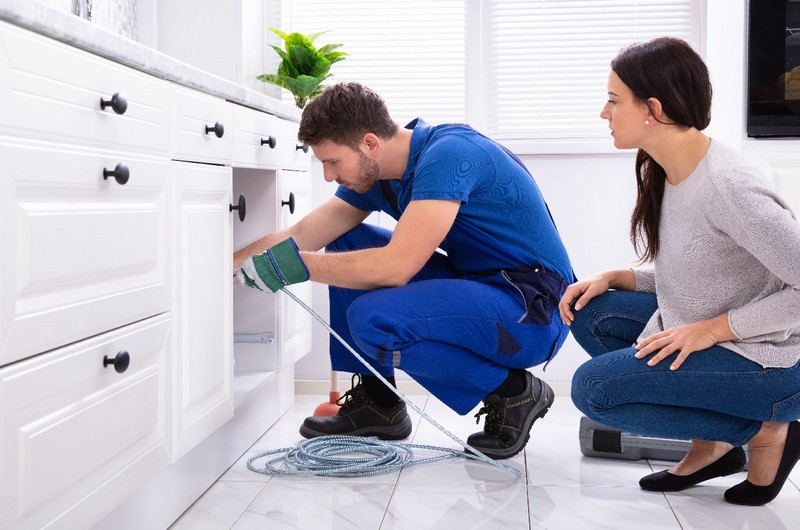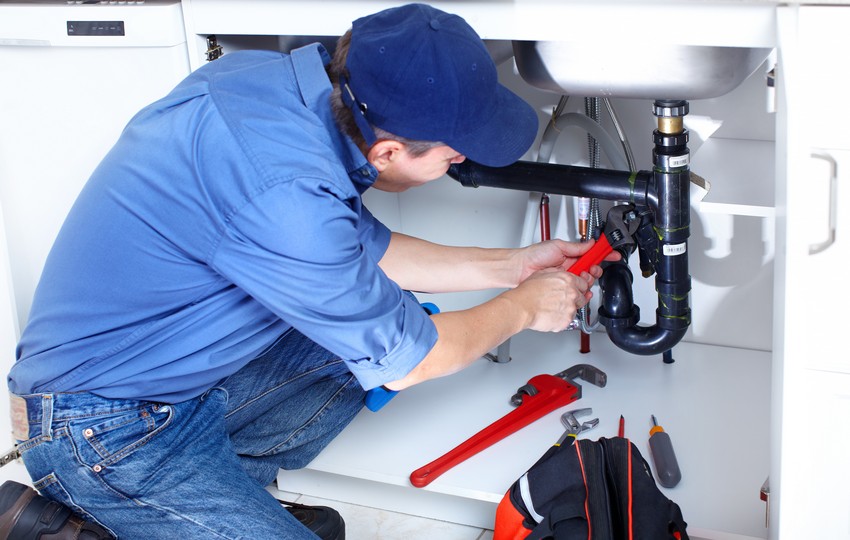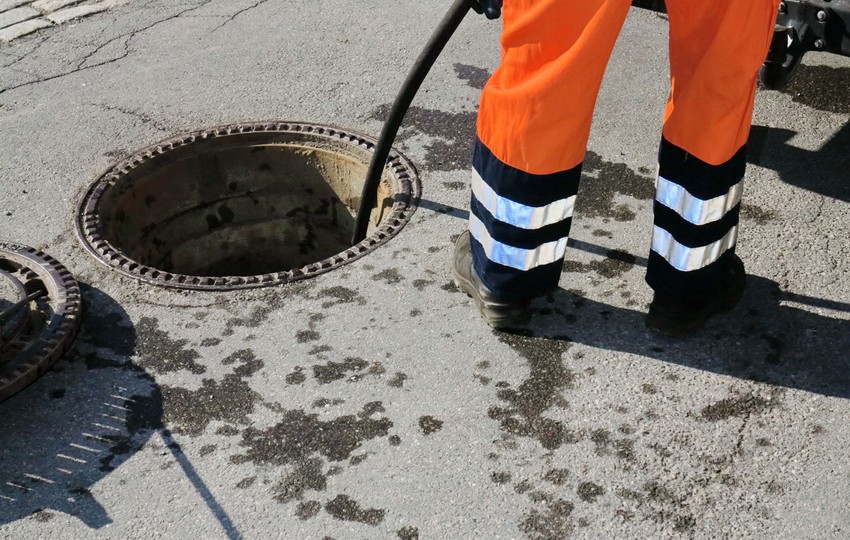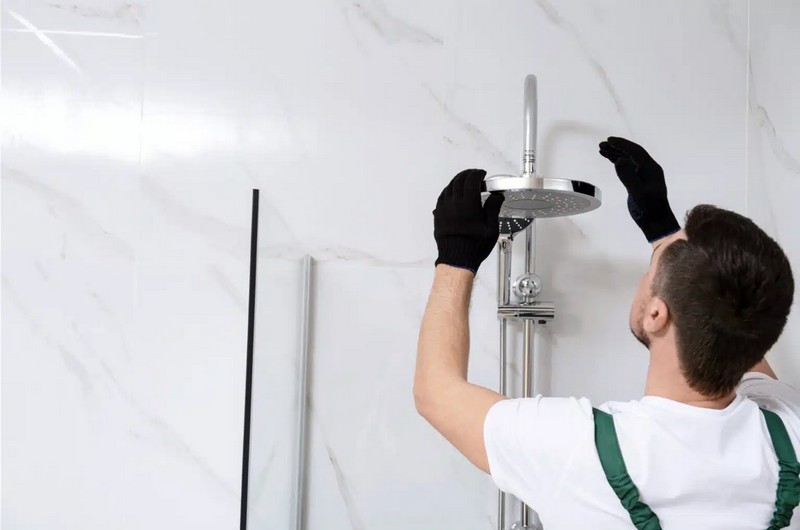 UK Rental Mould: Who Cleans? Responsibility Explained
UK Rental Mould: Who Cleans? Responsibility Explained

Grasping the responsibility for cleaning mould in rental property UK is crucial, not just to maintain a pleasant living space but also because it’s a matter of health and legal importance. In rented homes, the spread of mould can be more than an unsightly annoyance; it poses real risks to tenants’ wellbeing, particularly if they have existing health conditions. This article will unpack who should roll up their sleeves – whether that’s you as a tenant or your landlord.
We’ll delve into both parties’ duties under UK law and why nipping this issue in the bud matters so much. You’ll get practical insights on how timely action can save everyone involved from bigger headaches down the line – legally speaking and for your own peace of mind.
Understanding Mould Problems in Rented Properties
Mould isn’t just a blot on your wall; it’s a health hijacker. It can trigger respiratory issues and allergies, especially in those with underlying health conditions. In rented properties, mould is more than an inconvenience—it’s a serious concern that requires swift action.
The Health Risks Associated with Mould in Homes
Mental health takes a hit too when mould moves in. Imagine the stress of living among unwelcome fungi. And for folks already grappling with health troubles? Their immune systems are like open doors to mould-related illnesses.
Damp homes breed more than just bacteria—they’re hotbeds for mental anguish. The decent homes standard says no one should put up with this—health matters.
Landlord and Tenant: Legal Obligations and Responsibilities
A tenancy agreement isn’t just paper; it’s protection against poor living conditions, including dampness leading to dreaded spores. Landlords must step up their game because they have legal obligations here.
Tenants aren’t off the hook either—they need to report any signs of trouble before that patch becomes perilous property damage or worse—affecting their own well-being.
The Importance of Reporting Mould Issues in Rental Properties
Sit tight on reporting at your peril as delaying could mean decay—not only to walls but also tenant’s rights under government guidance concerning human habitation rules which local councils take seriously when called upon by tenants seeking help from environmental health departments about residential property woes caused by condensation or other culprits such as broken extractor fans leading directly into issues around excess moisture—that sneaky seedling ground for all things greenish-grey and fuzzy forming fast behind furniture without you noticing until “wham.”—there goes another piece eaten away not unlike renters’ peace-of-mind seeing rotten window frames day after day wondering why oh why was there no prompt action taken?
Preventing Mould Growth Through Proper Home Maintenance
Addressing Moisture Issues to Combat Mould
- Rising damp doesn’t rise out of nowhere—it needs nipping right where it starts within external walls otherwise say hello my little unwanted friend.
Ventilation Systems and Their Role in Mould Prevention
Dry clothes inside? Sure thing if ventilation vies victoriously versus vapour. Keep air circulating cozily across quarters – crack open windows while cooking creates clouds. Dampness is a mould’s best mate. It thrives where moisture lingers, from plumbing leaks to condensation.
First step? Spot the damp. Check pipes and window frames for signs of leaks or sweating. Dripping taps or perspiring pipes can be culprits too. To keep your home cosy and dry, fix those leaks pronto. Call in a pro if you must but don’t let that moisture settle in. More info on damp proofing methods.
Ventilation Systems and Their Role in Mould Prevention
A decent extractor fan is gold when preventing mould’s spread. In kitchens and bathrooms, they’re vital.
If fans are broken or absent, consider getting them sorted asap – it could save you loads down the line.
No fan? Cracking open a window helps air flow freely, making rooms less hospitable for unwanted fungal guests.
The Impact of Heating Systems on Indoor Humidity Levels
An efficient heating system does more than warm toes; it keeps humidity levels balanced which puts off our friend mould.
Faulty heating means cold spots — prime real estate for damp patches where mould kicks off its party. So regular checks are key here folks.
Suspect an issue with your radiators? Don’t wait around; get someone out to take a gander at it sooner rather than later.
The Interplay Between Energy Efficiency and Mould in Rented Homes
Striking a balance is key. Too snug, and your home becomes a mould party.
Crank up the heat; save on bills. But wait – here comes the mould.
Balancing Insulation with Adequate Airflow
Insulation’s great for warmth, not so much for breathing walls.
Air needs to move, or moisture lurks. Cue: mould growth.
Your energy-efficient fortress might need chinks for air to fight dampness off.
Energy-Efficient Practices That Can Help Prevent Mould
Tweak habits; fend off fungal invaders without blowing the budget.
- Dry clothes outside when you can—indoors? Extractor fans are your friends.
- Hate draughts? Love trickle vents—they’re discrete anti-mould ninjas.
- Night-time chill? Keep that heating steady—not high—to outsmart condensation.
Tackling Damp Issues in Rented Homes
Rising damp is an unwelcome guest—it wicks up walls silently but deadly.
- Penetration alert. Check those external walls; keep water at bay.
- Damp surveyor says ‘fix it’? Don’t delay—mould waits for no one.
- Busted extractor fan whispering sweet nothings into moist air?
Tackling Damp Issues in Rented Homes
Rising damp is the uninvited guest that ruins parties and walls. It creeps up from below, ruining plaster and paint along its path.
Penetrating damp plays a different game; it hits homes sideways. Think of it as rain’s sneaky way of getting indoors, through cracks or faulty window frames.
But here’s the kicker: these aren’t just cosmetic issues. They’re health hazards, especially for those with iffy immune systems.
The Health Risks Associated with Mould in Homes
Mould isn’t picky; it’ll grow wherever there’s excess moisture. This unwelcome fungus can trigger allergies and mess with your respiratory system.
If you have underlying health conditions, mould becomes more than an eyesore—it’s a serious threat to your well-being.
Landlord and Tenant: Legal Obligations and Responsibilities
Your tenancy agreement should be crystal clear about who fixes what. But generally speaking, landlords need to keep their properties safe—no ifs or buts about it.
If you’re renting, spotting mould means picking up the phone ASAP to report it. Don’t wait until mushrooms start sprouting.
The Importance of Reporting Mould Issues in Rental Properties
A stitch in time saves nine—and this couldn’t be truer when dealing with mould problems at home. Report early to prevent disputes later on down the line. Report early to nip potential legal battles right in the bud.
Government guidance spells out how important this step is for protecting tenant rights.
Preventing Mould Growth Through Proper Home Maintenance
- Dry clothes outside whenever possible because indoor drying equals condensation city—which leads straight to Mouldsville.
- No outdoor space? Make sure rooms are well ventilated while drying clothes inside—or better yet, get yourself a dehumidifier.
- Faulty heating creates cold spots—a theme park where mould thrives like teenagers at a rock concert.
- Poor ventilation makes bathrooms prime real estate for spores seeking new frontiers—the extractor fan should be your best friend.
- Bonus tip: Keep furniture away from external walls—that little bit of breathing room does wonders against rising damp.
- In rented homes improving ventilation could mean fixing broken extractor fans pronto—they’re not just decorative pieces.
- You might think keeping windows open during winter sounds daft—but letting air flow freely cuts down on moisture and mould, helping to keep the indoor air fresh and healthy.
Conclusion
Knowing who cleans up is key. The responsibility for cleaning mould in rental property UK lies with both tenants and landlords. Remember, your health could be on the line.
Tackle it early. Reporting mould swiftly makes sure small issues don’t blow up into major disputes or health scares.
Maintain to prevent. Regular checks and fixing moisture problems can stop mould before it starts. Good heating and ventilation are your best friends here.
Breathe easy at home. By balancing energy efficiency with proper airflow, you’ll keep dampness out and create a healthier living space.
In conclusion, understanding responsibilities helps everyone breathe easier – literally!



